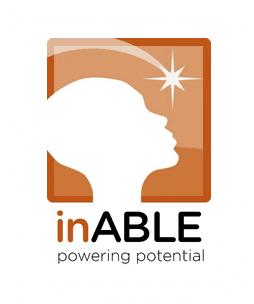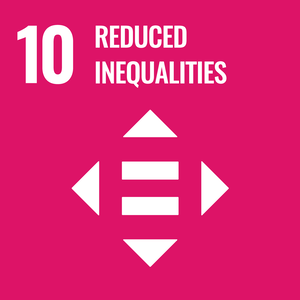Challenge
In times of COVID-19, the ICT sector in Kenya has the potential of creating a more inclusive and fair society. The digital divide must be bridged to ensure people with disabilities can take part in digitization and innovation without barriers. Kenya has already committed to the United Nations Convention on the Rights of Persons with Disabilities and has developed its own Digital Economy Blueprint. Now, the government of Kenya needs to operationalize its commitment and implement National ICT Accessibility Standards so as many people as possible can engage in the digital economy.
Approach
We support inABLE in the development of National ICT Accessibility Standards to ultimately promote the inclusive design of digital products and services for both private and public entities in Kenya. To achieve this goal, our partner firstly creates awareness and understanding of inclusion in digitization; and later reviews existing inclusive ICT policies and laws, as well as user feedback. Based on these findings, inclusive ICT standards are drafted and discussed with ecosystem stakeholders. Following technical and official approval, the project supports first implementation and monitoring steps.
Goal
Through this measure, inABLE lays the foundations for a more resilient and inclusive digital innovation ecosystem in Kenya. With the success of the project, people with disabilities can also take part in and benefit from the digital economy and the mainstreaming of the National Accessibility ICT Standards across all sectors. As a first African country to develop such standards, Kenya will also become a role model and case study for neighboring countries, who wish to follow in their footsteps.

